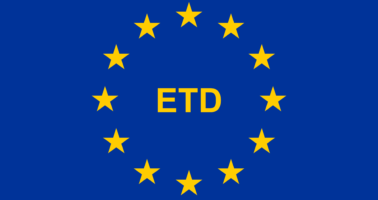The Energy Tax Directive has been harmonizing taxes on fuels and electricity in the European internal market since 2003. With the revision proposed in Fit for 55, the Directive will also regulate taxes on marine fuels.
With this directive, the use of fuel in aviation, maritime transport (both transport and fishing) and inland waterway transport will be taxed at the EU harmonized minimum rates for intra-community activities.
The standard was born with important challenges in its definition and execution. The risk of carbon leakage from fueling outside the EU is very high in the maritime sector. Ships, especially large ones, can make long voyages with a single refueling and can carry additional fuel without significantly sacrificing their carrying capacity. Ships carrying out transport operations outside the EU can avoid fueling in EU ports as they can simply load more fuel in third countries and thus avoid the EU fuel tax.
5 keys about ETD and MARINE FUELS
1) Tax exemptions for marine fuels end, at least partially.
2) Fuels sold in the European Economic Area, for travel within the EEA, will no longer be exempt from tax.
3) Heavy fuel and diesel will be taxed at a rate equivalent to about € 37 / t, and LNG will also be taxed at a somewhat lower rate
4) Low carbon fuels will have a 10 year exemption
5) International bunkers will remain tax exempt, although Member States have the option to impose them unilaterally, although this is not expected to happen.
On the other hand, to qualify for duty-free fueling in the EU, ships would have to justify the need to have access to duty-free fuel. As an ex-ante condition, entitlement to duty-free fuel tax exemption would have to be demonstrated by submitting the relevant customs documents indicating the next port of call located outside the EU. To further strengthen enforcement, ex-post verifications could be carried out to strengthen enforcement, for example on the vessel positioning system as part of spot checks. The rules will be different for fishing vessels in which case there are no customs documents to examine.
The taxation of traditional fossil fuels used in maritime transport within the EEA is also consistent with the logic of the FUEL EU Maritime and EU ETS initiatives, both aimed at boosting demand for renewable and low-carbon fuels in the shipping sector. Marine transport. As the sustainable and low-carbon fuels promoted by this initiative would be taxed at lower rates under the ETD, the difference between the total costs of traditional and sustainable fuels would reduce over time, incentivizing fuel switching .
Access to the proposed ETD directive:

